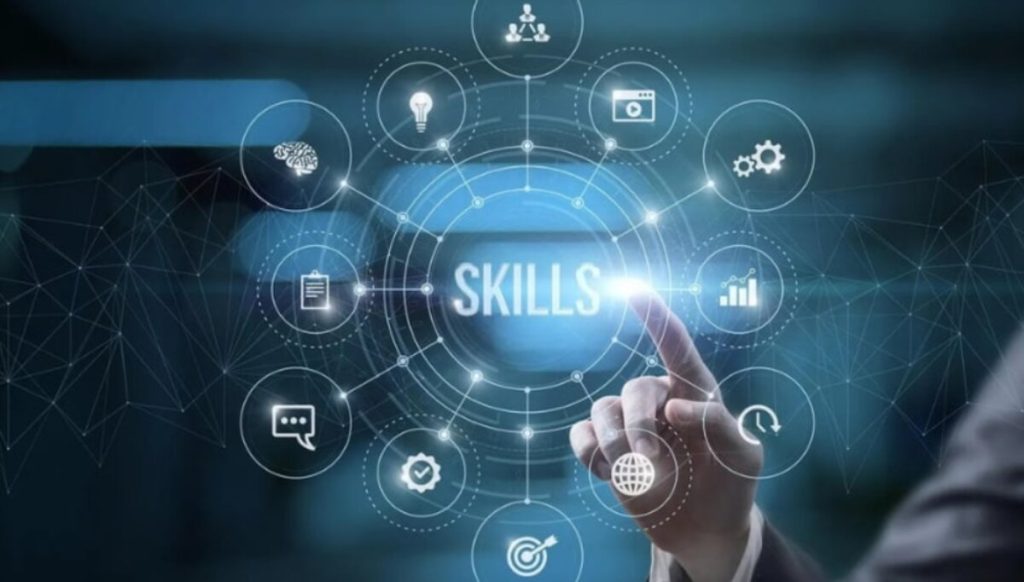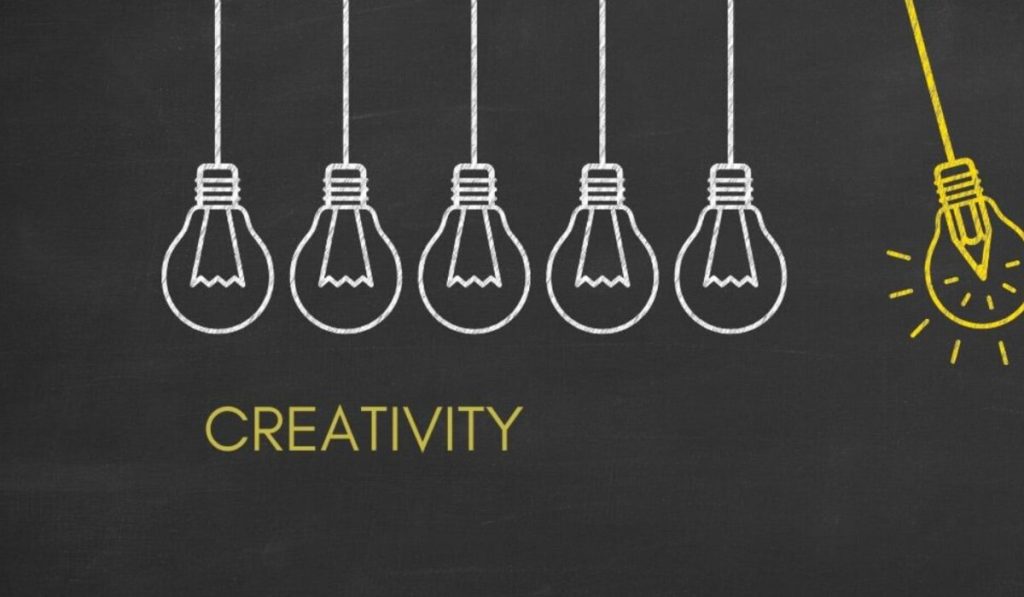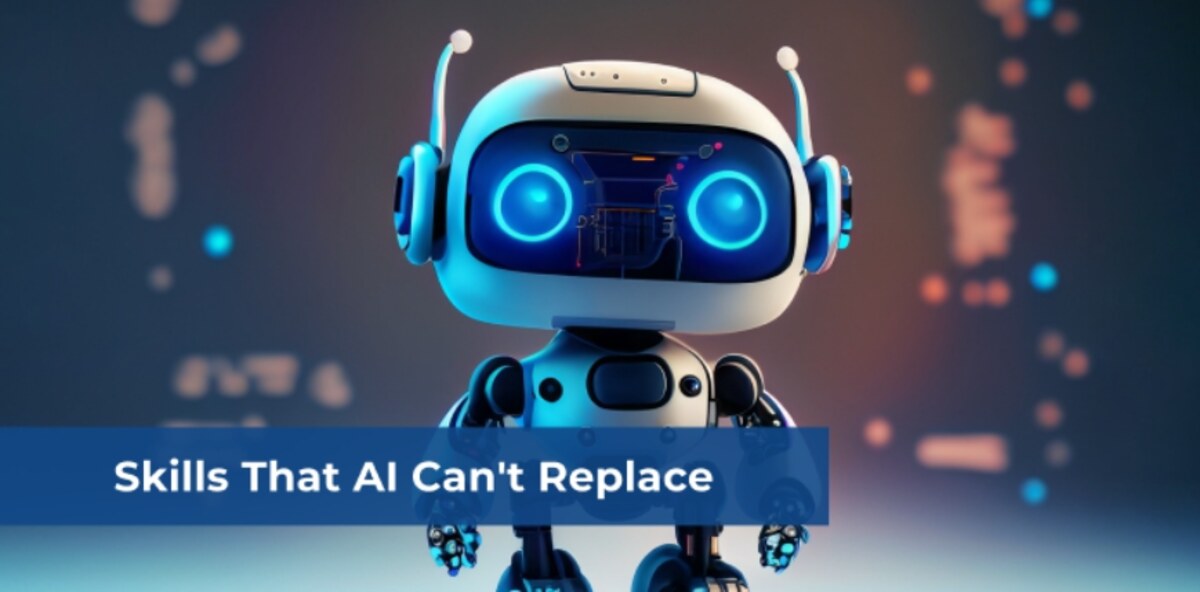5 Essential Job Skills AI Can’t Replace in 2024
The Year 2024: Technology in general and artificial intelligence, in particular, have taken over business functions and replaced many human workers in every economy. Yet, there are critical job skills that only human beings can perform, such as those based on feelings, imagination, assessment, and etiquette — the things that machine intelligence does not possess. This article will elaborately analyze these skills which are hard to come by, especially in this day and age. It will also seek to discuss how such skills can be developed by professionals so that they can be relevant in the face of changes in the job market.
Following are the job skills that AI Can’t Replace

Emotional Intelligence and Empathy
Most especially in healthcare, social work, and customer service, intelligence as well as emotional understanding spectators are core parts. AI can analyze human feelings from written language, imitate them, and even enfold emotion recognition through the use of cameras; however, it cannot feel emotions or present itself the way genuine human interaction does. For instance, social workers, therapists, or rather a support system are very helpful in helping people get through difficult times. It is not just providing answers to problems but also comforting, connecting, and reassuring people that there is hope which an AI cannot do.
Individuals who train themselves to empathize can address the voiced and even the hidden needs of the served individuals by adjusting themselves – their tonality, way of speaking, and even the message given, in a manner not possible with AI. This skill is still essential in business sectors where interaction is necessary, as it plays a great role in enlisting trust, and loyalty and building relations for a long period, with both, people and organizations.
Negotiation and Persuasion Skills

Negotiation is an activity, which requires the ability to understand and evaluate situations and emotions instantaneously. For instance, there are situations where people negotiate in business settings or even for political purposes, such as selling and creating foreign relations, which require trust, compromise, and adaptability from the parties involved. In as much as artificial intelligence can process trends and statistics, it cannot tell when a hard line ought to be taken, espouse body language, and such non-verbal signals to understand how to change approaches to a task at hand. All negotiating is not about cold hard facts. It is about building up relationships and trust which need inner feelings which AI may never comprehend.
Additionally, in the domains of marketing and sales, persuasion goes a long way in attempting to touch and satisfy the audience’s needs and emotions. The discernment of times to play on someone’s values or how to change a message due to an emotional response is where an AI, which is limited in scope due to programming, has no chance of mastering it.
For more educational blogs please explore Leak Ideas.
Strategic Decision-Making and Leadership
Leadership positions bring with them intricacies which include unforeseen circumstances, ethical dilemmas, and conflicting interests. Consider, for instance, AI analyzing data to provide likely outcomes, but it fully does not understand the spectrum of social, ethical, and cultural aspects driving such decision-making processes. Results explain, that most of the time superior has to make split-second decisions in the course of action, which are usually a mixture of experience, predictions, and what is referred to as eighth intelligence for effective team leadership.
Making decisions is not all there is to leadership, for it also involves vision, empathy and the ability to build an enviable culture. Those who are led, tend to prefer leaders who are capable of relating to what they are going through or what they stand for – something that AI cannot do. In a very tech-savvy era, it is these very skills that great leaders will possess that will make them relevant.

Creativity and Original Thought
Be it in the fields of arts, design, or marketing, creativity calls for imagination, emotion, and subjective experience. Although it is possible to engage AI in a way that will produce designs or suggest content, it lacks the original viewpoint of creativity that people have. In most cases, creating a piece of art entails using a gut feeling, having an understanding of the culture of that piece, and being able to relate to other people as well. Those qualities, however, AI does not have.
As instance, artists and designers produce pieces of work that connect at a very individual level. It is from these they weave in their own experiences, cultural spheres, and emotions to add a level to their works of art that AI cannot come close to. Creativity is a progressive ability that combines an individual’s sense, flexibility, and inventiveness, therefore one of the most long-lasting, and irrecoverable, human techniques.
Cultural Sensitivity and Ethical Judgment
Cultural sensitivity becomes a competence when it comes to performing duties in an international business setting, or when interacting with people from other nations in other professional contexts, such as diplomacy. Adapting to and appreciating various cultures goes beyond having information; it requires an open mind and the ability to adjust to the situation in real-time. Even if large culture databases are connected to AI models, the machines cannot process subtle context-dependent cues present in human interactions. They can not ‘feel’ or ‘do’ culture in any effective way.
In the same way, ethical judgment is an intricate and subjective skill since it involves dealing with practical situations with moral reasoning. While AI performs tasks based on programmed logic, moral judgment includes looking at the issues from different angles and the effects they will have which sometimes requires ethics and philosophy. For instance, people such as lawyers, medical professionals, and politicians engage in ethical judgment in order to carry out activities that are consistent with appropriate social values and respect for human rights.
Why These Human Skills Remain Essential in 2024
Certainly, the introduction of AI to the workforce has to a large extent mechanized most of the monotonous, data-driven work. Nevertheless, the “5 Job Skills AI Cannot Substitute in 2024” are the types of human strength that technology cannot mimic. With the progress of AI, there will be an increase in the need for emotional intelligence, imaginative comprehension, appreciation of different cultures, and ethical considerations. In this respect, it will be at the foresight of these professionals to emphasize the set of skills if they want to keep their career safe in the future integrated world dominated by AI.




